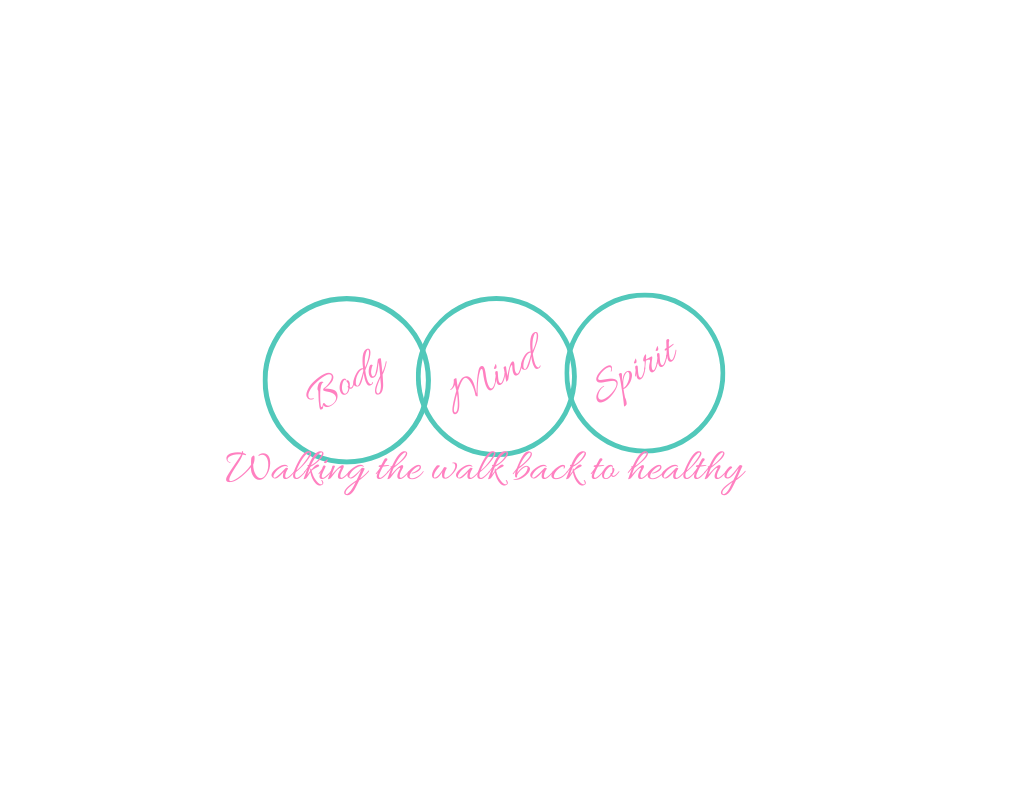Medication: Is It the Right Choice for You?
First and foremost, I am not a doctor, nor do I have any degrees. I am just writing about the little I know on a subject very close to me. And that is medication.
Medication is not for everyone, but it might be for you. If you start asking questions like Why don’t I jump off that bridge or Why don’t I just drive into traffic, then it might be time to look into the benefits of medication.
Before you assume you need medication, get evaluated. Tell them everything you think and everything going on with you. Tell them about your health too, because there are many illnesses, and some of them have similar symptoms to mental health. So you need to have a full evaluation before assuming you need medication.
Understanding Medication
Medication is something you take when you have an illness. If you have a respiratory infection, you’re probably going to need some over-the-counter medication. If you have pink eye, you’re going to need prescription eye medication. And then there are also herbal remedies.
Some of the most common reasons we take medications are for chronic illnesses and pain. But there are also medications for mental illnesses like depression or bipolar.
Evaluating the Need for Medication
Assessing Symptoms
Here are some symptoms that may require medication.
Anger and aggression
Sadness
Suicidal Thoughts
Homcidal Thoughts
Siesures
athsma
Consulting Healthcare Professionals
It’s important to get checked out by a doctor. Once you discuss your symptoms with them, they should have a good idea of what’s going on and what you should do next.
Benefits of Medication
The benefits of medication don’t always show up right away. Sometimes they take 2 to 3 weeks to reach the full effect. It’s good to have a chart so you can note your mood changes throughout the day and week. (Chart Here).
It might start by you noticing a situation you would have been upset about and how now it doesn’t affect you as much. Or you go to the store, and the driving panic is gone, or you’re playing with your kid and realize all the loud noises are not too bright or too loud.
Risks and Considerations
Like with anything, there are potential side effects. Symptoms include dizziness, inability to drive, weight gain, and changes in blood pressure, among others. Each medication comes with its own list of side effects that may affect you.
It is important to consider your own personal health history, as well as medication interactions. Herbal medications are also considered in this, but most doctors don’t recognize herbal remedies as medications; they still have interactions.
Google can be our best friend in some cases! Most medicines can be googled now a days and you can get info on if there are interaction of any kind but type in herbal or specific ones. Like I’m not allowed to have grapefruit or St. Johns wort and a few of the other worts beause they interact with my medication or my birth control.
Alternatives to Medication
There are non-medication options for managing health, such as lifestyle changes, therapy and holistic approaches.
Like if you have a heart attack and you are still alive, then it might be time to take up walking and listen to the doctor’s recommendations. For myself, it might be like, ” If you want to lose the weight, then start walking.” I am my own worst critic.
Making an Informed Decision
While you are with your doctor, make sure to ask all your questions so you can make an informed decision. Like weight gain. Or if the medication will raise your blood sugar. Or if you were not angry before ans suddenly you become angry. It mightbe your medication.
Always consider the pros and cons of beginning any new regimen. Especially one including medication.
Conclusion
So just to recap tell your doctor all of your symptoms before making an informed decison and don’t mix herbal and prescription meds without proper knowledge in those areas becasue of interations.
I invite you to share your experience with medication in the comments. And make sure to follow for more like this.

